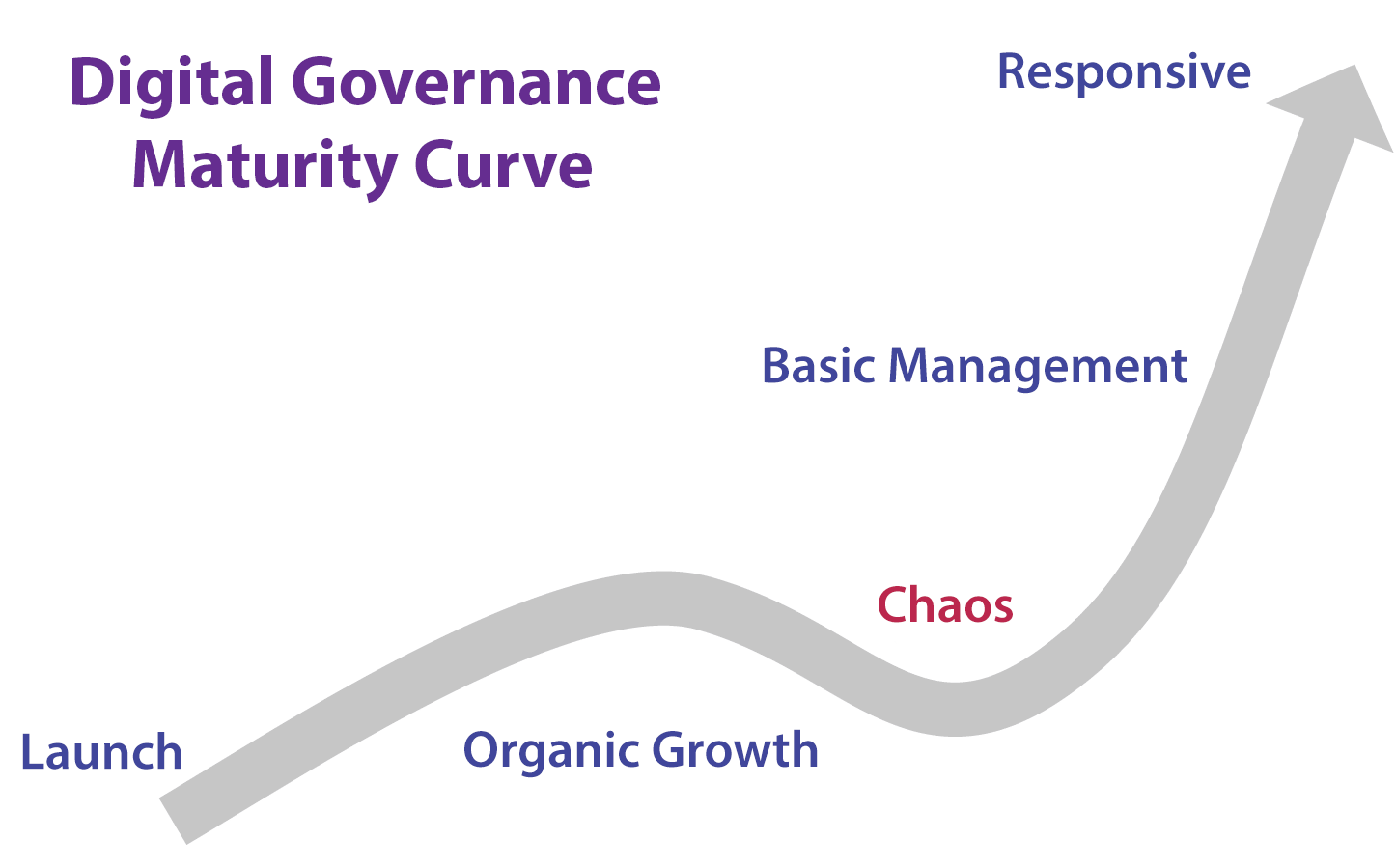Identifying Your Digital Team

Your digital team is the full set of resources required to keep the digital process functioning for your organization. Your digital team includes not just the the core product-focused teams found in marketing/communications and IT, but also the casual content contributors, business unit Web managers, supporting software vendors, and organizational agencies of record. Your digital team also includes those who administer and support digital efforts by tending to the programmatic aspects of the digital team, such as budget digital team resource development and management.
Unfortunately, many organizations identify their digital teams as only the hands-on resources that design, write, and post Web content and create applications on a daily basis. This narrow view of the digital team reinforces the idea that digital is a tactical function and not a strategic one that requires planning and resource management.
It also minimizes the deep information and technical architectural issues that must be addressed in order to do digital well and safelyfor your organization and your users. With a broader perspective of your digital team, it becomes clear that your team is all over your organization, and there comes the realization that there is a diversity
of skills required to support digital. Some of those skills existed in your organization prior to digital, and some of the skills are new. Some skills are specifically related to digital expertise, and some of them are related to other domains.
An easy way to get a handle on your digital team is to consider the following:
- The location, role, and budgeting source of your core digital team.
- The location, roles, and budgeting source for your distributed digital team, which can include departmental Web managers,country Web managers, product-focused
content contributors, and other satellite teams. - The authority, role, and budgeting source of any digital steering committees, councils, and working groups.
- The identity of and budgeting source for your extended digital team, which includes agencies of record, software integrators, and other external vendor support.
Once these aspects are clearly understood, you will have established a clear resource field upon which to place decision-making authority.
From Lisa Welchman, “Your Digital Team: Where They Are and What They Do” in Managing Chaos: Digital Governance by Design (New York: Rosenfield Media, 2015), 31-32.





